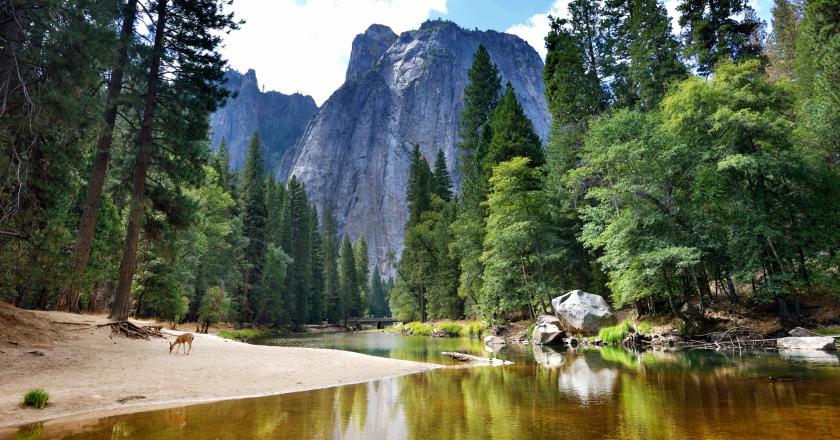Policy Proposals
- Turn responsibility for environmental regulation and land management back to the states and the private sector.
- End ineffective regulations that increase the cost of energy while doing little to improve air quality or reduce pollution.
- Make it easier to introduce alternative energy sources such as nuclear energy, a proven source of safe and clean energy.
- Properly define the waters covered under the Clean Water Act to provide clarity and protection for property owners.
- Improve the Endangered Species Act (ESA) and require congressional approval for more stringent National Ambient Air Quality Standards.
Quick Facts
- The federal government owns and controls 640 million acres of land in the United States, an area larger than California and Mexico combined.
- Federal energy subsidies cost American taxpayers $15 billion in FY 2016, with over $6.5 billion going to renewable energy.
- The federal government has a poor track record in recovering endangered species. In the 45-year history of the ESA, fewer than 3 percent of the listed domestic species have been “recovered” and delisted, less than one per year.
- From 1980 to 2018, several air pollutants showed dramatic declines, including a 91 percent decline in sulfur dioxide and a 99 percent decrease in lead.
- The U.S. generates almost 20 percent of its electricity from 97 nuclear power plants, representing over 55 percent of America’s emissions-free electricity.
How to Talk About the Environment
A Clean Environment
- We all want a clean environment for ourselves and for future generations.
Local Stewardship
- Our land and resources are best cared for by the people closest to them—not by the federal government.
- The state of our air and water has improved dramatically over the past several decades through innovation and investment in new technologies.
- Meanwhile, federal management of national sites often leads to bureaucratic mismanagement and stagnation. Catastrophic wildfires and species overpopulation devastate national parks, while nuclear cleanup efforts go unaddressed.
Fueling Our Lives
- Energy is essential to every product and service Americans use and every activity we engage in, from heating our homes and running our schools and hospitals to fueling our vehicles and producing the goods we buy.
Empowering Americans, not Bureaucrats
- It is not the government’s role to promote one energy source over another or force people to use a particular type of fuel. Energy policy should be consumer-centric, not Washington-centric.
- Allowing energy choice empowers American families and businesses, rather than bureaucrats, lobbyists, and politicians, to make decisions.
Articles:
- Costly, Ineffective Climate Mandate for Airlines Rightly Left at Gate in COVID-19 Bill
- Breathe Free: Capitalism Helps Protect the Environment
- The Green New Deal’s Centralized Government Approach Won’t Ensure a Cleaner Environment
- Staying in Paris Agreement Would Have Cost Families $20K
- To Improve the Environment Look to the Free Market
